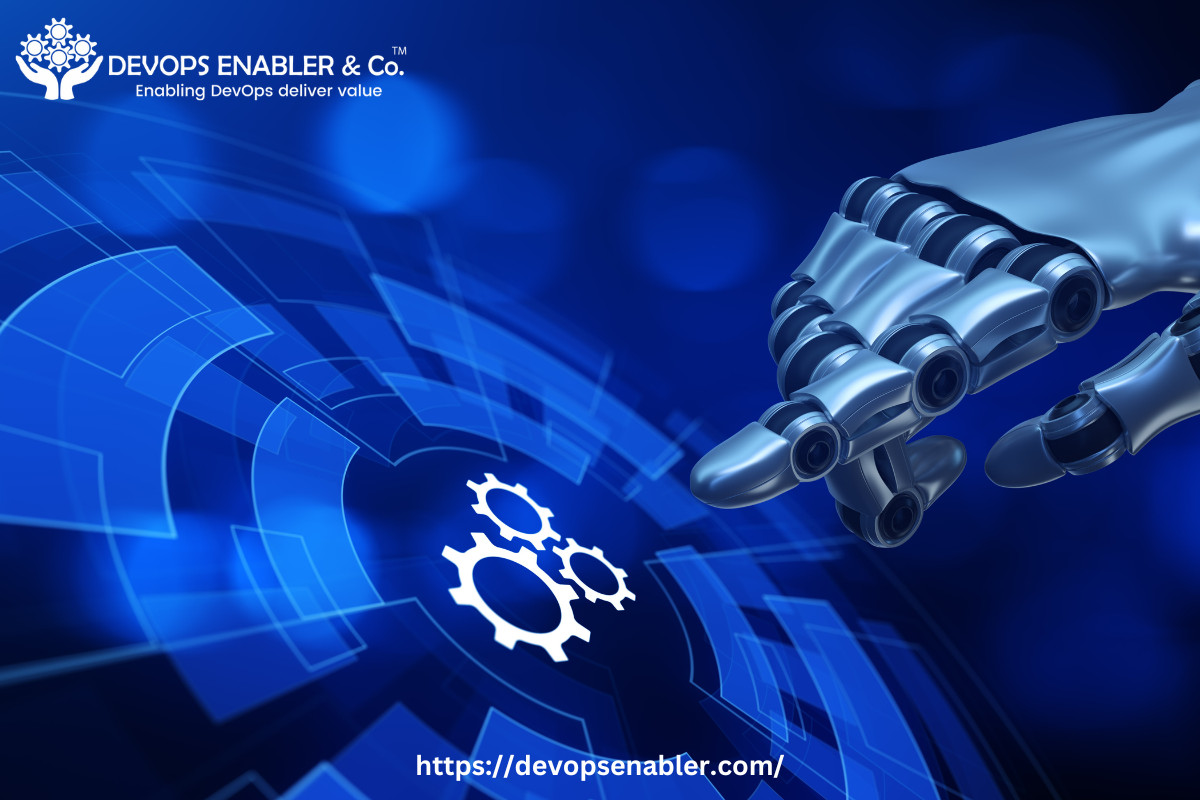This article explores "The Strategic Value of a DevSecOps Platform Approach." The integration of Agile planning and DevSecOps practices has transformed application delivery, providing robust, reliable, and scalable solutions that streamline the entire process. With the introduction of new tools, capabilities such as automated integration, testing, digital asset management, vulnerability scanning, and rapid deployment have been further optimized, empowering development teams to deliver working applications at unmatched speeds.
The Evolution of Toolchains:
While DIY-integrated toolchains have been instrumental in expediting application delivery, they come with their own set of challenges. The proliferation of tools introduces complexity, leading to islands of data, inconsistent security settings, and compliance issues. Each additional tool further complicates the integration process, creating a convoluted and costly toolchain that impedes productivity and innovation. Development teams find themselves grappling with a Frankenstein-like assembly of tools, diverting valuable time and resources away from delivering tangible value to users.
Enter the Modern Software Factory:
To address these challenges, the concept of a modern software factory has emerged—a streamlined and efficient assembly line for software delivery. At the heart of this factory lies automation and standardization, eliminating the overhead associated with managing disparate tools and bespoke integrations. With a focus on cleanliness and efficiency, the modern software factory enables development teams to swiftly build, test, and deliver applications without the burden of unnecessary complexities.
Key Components of the Software Factory:
1. Issues and Planning Management: Seamless capture, discussion, and prioritization of requirements are essential for effective software delivery.
2. Code Reviews and Approvals: Automated testing and approval mechanisms ensure that new code changes meet user needs and comply with standards and regulations.
3. Distributed Source Code Management: Facilitating collaboration and coordination across the development team through distributed source code management systems.
4. Repository for Binary Assets: Efficient management and tracking of binary assets throughout the development lifecycle ensure consistency and reliability.
Got a Question? Get in Touch: https://devopsenabler.com/contact-us
5. Dynamic Test Environments/Infrastructure: On-demand deployment of dynamic test environments minimizes wait times and resource constraints, accelerating development.
6. Continuous Delivery (CD): Streamlining the deployment of cloud-native applications through CD pipelines enhances agility and scalability.
7. Continuous Integration (CI): The backbone of the software factory, CI pipelines automate development tasks and ensure the completion of necessary tests, scans, and compliance checks for every code change.
a) Software Quality Testing: Automated testing encompasses a range of tests, including unit, API, functional, and non-functional, to prevent the introduction of defects or issues.
b) Security Testing: Integration of security scans into the CI pipeline enables early detection and mitigation of vulnerabilities, bolstering overall security.
8. Application Monitoring: Real-time feedback from application monitoring empowers developers to detect and address issues promptly, enhancing application performance and user experience.
9. Incremental Deployment: Techniques such as canary deployments and feature flags enable teams to deploy code incrementally while effectively managing and mitigating risks.
GitLab: Simplifying DevOps
In the realm of DevOps, GitLab shines as a comprehensive platform that offers simplicity, visibility, and control. Providing a unified user experience, a common security model, and simplified compliance and auditing capabilities, GitLab empowers DevOps teams to collaborate effectively and drive innovation with confidence.
The integration of Agile planning methodologies, DevSecOps practices, and modern software factories represents a significant leap forward in software development. By embracing these principles and leveraging tools like GitLab, development teams can unlock new levels of efficiency, accelerate delivery timelines, and deliver value to end-users with unparalleled speed and reliability. As we continue to evolve in the digital age, the software factory stands as a beacon of innovation, enabling organizations to thrive in an ever-changing landscape.
Contact Information:
- Phone: 080-28473200 / +91 8880 38 18 58
- Email: sales@devopsenabler.com
- Address: #100, Varanasi Main Road, Bangalore 560036.








